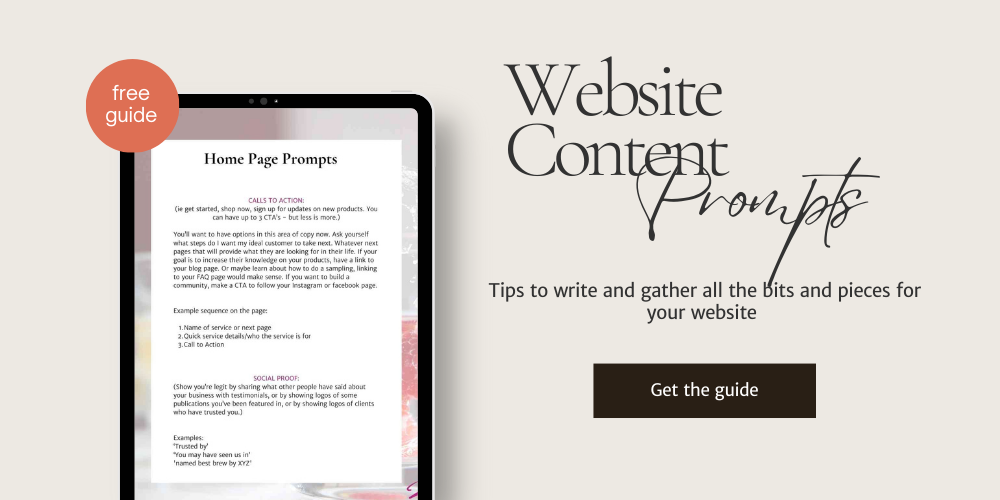5 Questions That Will Help You Choose the Best Website Designer for your Practice
Hey there! So, you’ve decided it’s time to spruce up your online presence with a brand-new website for your mental health practice. Awesome! A well-designed website can be the digital front door to your practice, welcoming clients and providing them with the information they need to reach out for help. But before you hand over the keys to your online kingdom, there are a few crucial questions you should ask your potential web designer. After all, you wouldn’t jump into a therapeutic relationship without a good consultation, right?
What Experience Do You Have with Therapist and Counsellor Websites?
First things first – you want a web designer who gets you. Designing a website for a mental health professional isn’t the same as designing one for, say, a bakery. (Unless that bakery specializes in stress-relief pastries, which might actually be a brilliant idea…🥐) Your website needs to convey empathy, professionalism, and trust.
Bonus question:
Have you designed websites for mental health professionals before?
Look for a designer who has experience in your field and can demonstrate an understanding of the unique needs of mental health professionals. You want someone who can create a site that feels like a virtual extension of your calming office space.
2. How Will You Ensure My Website Is User-Friendly?
Picture this: a potential client lands on your website, eager to learn more about your services, but they can’t find the contact information. Frustrating, right? Your website needs to be as user-friendly as a favorite chair in your waiting room.
Bonus question:
How will you test the usability of my site?
A good web designer should have a clear plan for making your site intuitive and easy to use. They should also conduct usability tests to make sure that even the most tech-challenged among us can find what they need without breaking a sweat.
3. How Will My Website Help Me Connect with Clients?
Your website isn’t just a digital business card – it’s a tool to help you connect with current and potential clients. It should make it easy for them to learn about your services, read your blog, and, most importantly, get in touch with you.
Bonus question:
Can you integrate features like appointment booking or contact forms?
4. What Is Your Approach to SEO?
SEO – three little letters that can make a big difference. Search Engine Optimization is crucial for helping potential clients find you online. You want a designer who understands how to make your website Google-friendly.
Bonus question:
What strategies do you use to improve a website’s SEO?
A good designer will build your site with SEO best practices in mind, helping you rank higher in search results and attract more visitors.
5. What Happens After My Website Is Launched?
Launching a website isn’t the end of the journey – it’s just the beginning. You’ll need updates, tweaks, and maybe even a little hand-holding as you get comfortable with your new online presence.
Bonus question:
Will I be able to make updates to my site easily, or will I need to contact you for every little change?
Your designer should offer a clear plan for post-launch support, whether it’s through a maintenance package, a training session, or a helpful how-to guide. You want to feel confident that you can keep your site fresh and functional long after it goes live
Ready to Find the Perfect Web Designer?
Choosing the right web designer is a bit like finding the right therapist or coach – you need someone who understands your needs, communicates well, and can guide you through the process with confidence.
At Teekko Design, I specialize in creating beautiful, functional websites for professionals dedicated to mental, emotional and personal development. With a free consultation, we can chat about your needs and see if we’re a good fit for each other.
Let’s create a website that’s not just a digital space, but a welcoming environment where your clients can feel understood and connected to you.


